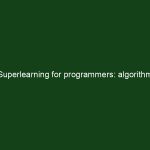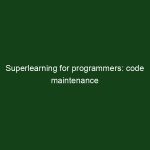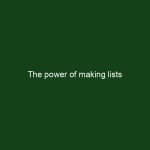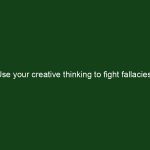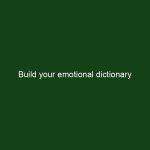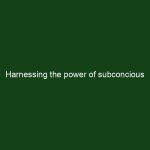The top programming skill is software architecture. For software architecture we often use UML and flowcharts. These visualization are great for visual markers and often do not even need further adaptations. It is no secret that most software is built as hierarchies. Model-view-controller is probably the most common architecture paradigm. Classes pass the data …
Continue reading “Superlearning for programmers and engineers: architecture”


